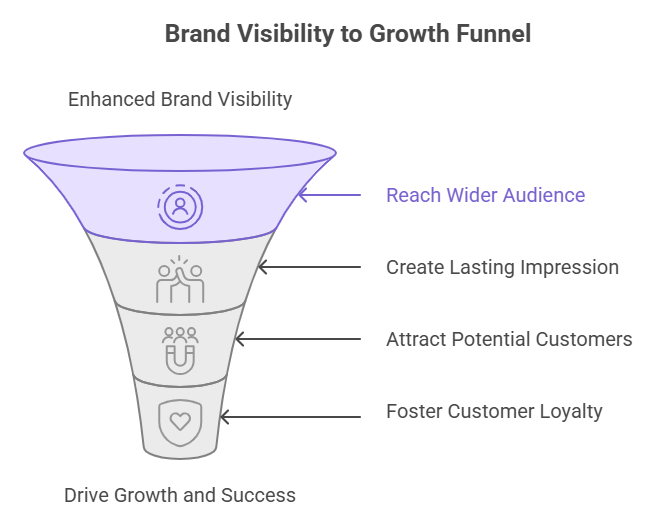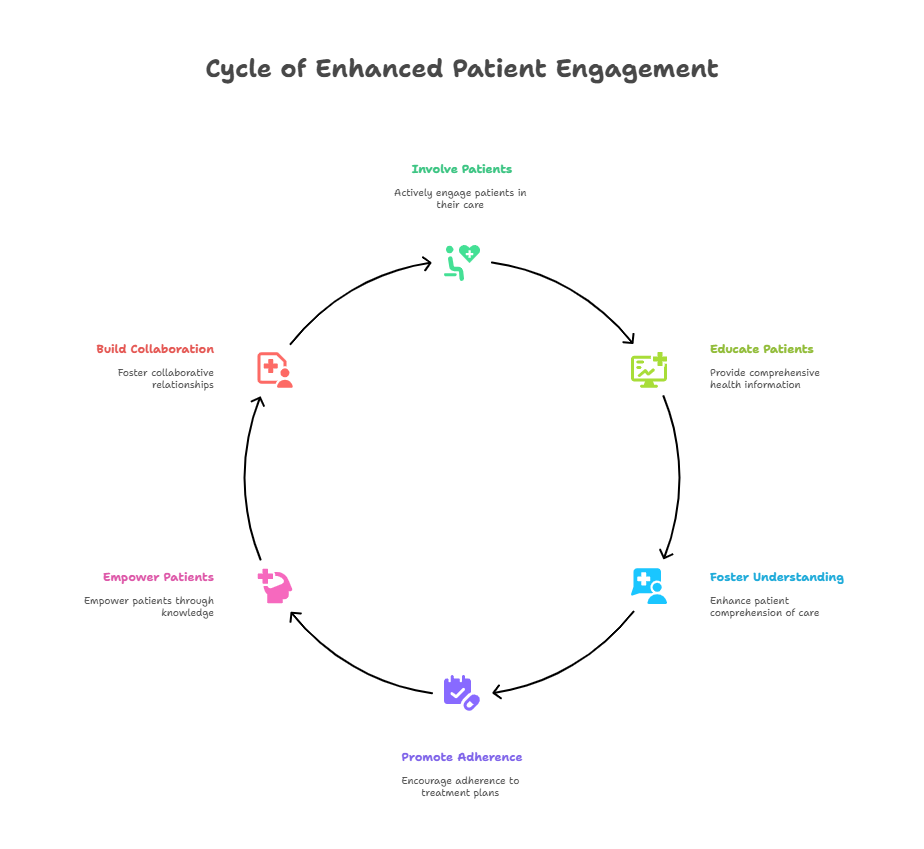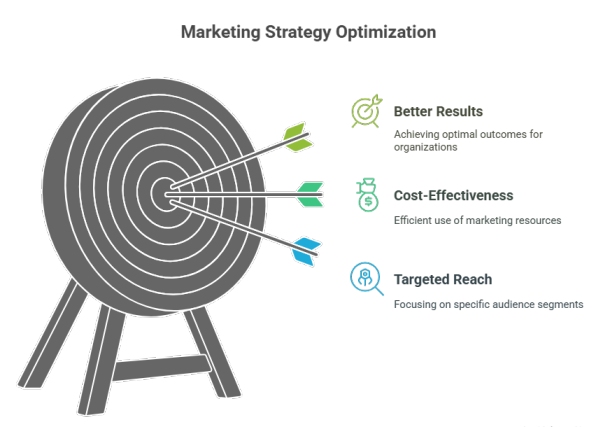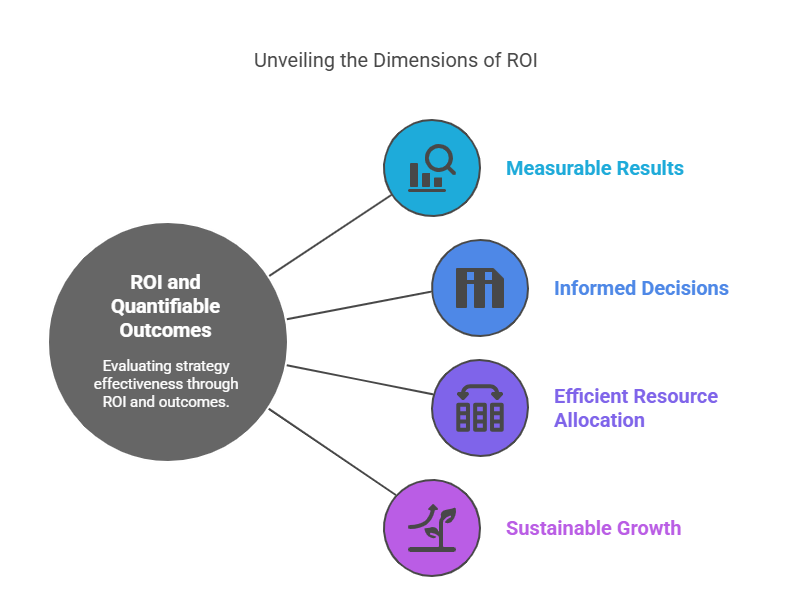This blog post explores the significant advantages that pharmaceutical digital marketing services offer to drug brands in today’s rapidly evolving healthcare landscape. It highlights how strategic digital marketing can enhance brand visibility, improve patient engagement, and ultimately drive business growth for pharmaceutical companies.
The pharmaceutical industry is undergoing a significant transformation, driven by technological advancements and changing patient expectations. Traditional marketing methods are becoming less effective, and drug brands are increasingly turning to digital marketing to reach their target audiences. Pharma digital marketing services offer a range of strategies and tactics designed to connect with healthcare professionals (HCPs) and patients in a meaningful and compliant way. Let’s delve into the key benefits.

One of the primary advantages of pharma digital marketing is its ability to significantly enhance brand visibility and awareness.
Search Engine Optimization (SEO): Optimizing website content and online presence for relevant keywords ensures that drug brands appear prominently in search engine results when HCPs or patients search for information related to specific conditions or treatments.
Content Marketing: Creating valuable and informative content, such as blog posts, articles, and infographics, establishes drug brands as thought leaders and trusted sources of information. This content can be shared across various digital channels, increasing brand exposure.
Social Media Marketing: Engaging with HCPs and patients on social media platforms allows drug brands to build relationships, share updates, and participate in relevant conversations. Targeted advertising on social media can also reach specific demographics and interests.

Digital marketing enables drug brands to engage with patients more effectively and provide them with valuable educational resources.
Patient Support Programs: Online platforms and mobile apps can be used to deliver patient support programs that provide medication reminders, educational materials, and access to healthcare professionals.
Personalized Communication: Digital marketing allows for personalized communication with patients based on their individual needs and preferences. This can include targeted emails, tailored content recommendations, and customized support programs.
Online Communities: Creating online communities where patients can connect with each other, share experiences, and receive support from healthcare professionals can foster a sense of belonging and improve treatment adherence.

Digital marketing offers unparalleled targeting capabilities, allowing drug brands to reach specific audiences with relevant messages.
Demographic Targeting: Digital advertising platforms allow for targeting based on demographics such as age, gender, location, and income.
Interest-Based Targeting: Drug brands can target individuals based on their interests, hobbies, and online behavior.
Behavioral Targeting: Digital marketing enables targeting based on past online behavior, such as website visits, search queries, and social media activity.
Cost-Effective Campaigns: Compared to traditional marketing methods, digital marketing campaigns can be more cost-effective, as they allow for precise targeting and measurable results.
Digital marketing provides access to a wealth of data and analytics, allowing drug brands to track campaign performance and optimize their strategies.
Website Analytics: Website analytics tools provide insights into website traffic, user behavior, and conversion rates.
Social Media Analytics: Social media analytics platforms track engagement metrics such as likes, shares, comments, and reach.
Campaign Tracking: Digital marketing platforms allow for tracking the performance of individual campaigns, including impressions, clicks, and conversions.
A/B Testing: A/B testing allows drug brands to experiment with different marketing messages and strategies to determine what resonates best with their target audiences.
Digital channels provide effective avenues for engaging with healthcare professionals.
Professional Networking Platforms: Platforms like LinkedIn allow for targeted communication and networking with HCPs, sharing research updates, and participating in industry discussions.
Webinars and Online Events: Hosting webinars and online events provides opportunities to educate HCPs about new treatments, share clinical data, and answer their questions.
Medical Information Portals: Providing access to comprehensive medical information portals with up-to-date research, guidelines, and resources can enhance HCP engagement and improve patient care.

Digital marketing allows for accurate tracking of campaign performance, enabling drug brands to measure their return on investment (ROI) and demonstrate the value of their marketing efforts.
Conversion Tracking: Digital marketing platforms allow for tracking conversions, such as website form submissions, downloads, and online sales.
Lead Generation: Digital marketing can be used to generate leads for sales teams, providing them with qualified prospects to follow up with.
Sales Attribution: Digital marketing allows for attributing sales to specific marketing campaigns, providing insights into which channels are most effective.
It’s crucial to acknowledge the compliance and ethical considerations within pharma digital marketing.
Regulatory Guidelines: Pharmaceutical marketing is subject to strict regulatory guidelines, such as those from the FDA and EMA. Digital marketing campaigns must comply with these regulations to avoid legal and reputational risks.
Transparency and Disclosure: Transparency and disclosure are essential in pharma digital marketing. Drug brands must clearly disclose any potential conflicts of interest and provide accurate and unbiased information.
Patient Privacy: Protecting patient privacy is paramount. Digital marketing campaigns must comply with data privacy regulations such as HIPAA and GDPR.
Pharma digital marketing services offer a multitude of benefits for drug brands, including enhanced brand visibility, improved patient engagement, targeted reach, data-driven insights, and measurable results. By embracing digital marketing strategies, pharmaceutical companies can effectively connect with their target audiences, improve patient outcomes, and drive business growth in today’s digital age. However, it is crucial to prioritize compliance and ethical considerations to maintain trust and avoid legal repercussions.
We are a team of marketing experts working together to provide excellent services to our clients in order to ensure their business is reaching to the next level. We are committed to providing each client with creative, effective and responsive marketing & AI solutions that work with their unique business objectives, systems and resources.